blog
20th Anniversary Issue: Lali Khalid
As part of F-Stop Magazine’s 20th anniversary celebration we invited past featured photographers to share with us some thoughts and reflections. We asked each photographer to consider how their photographic work has changed over time, how the changes in photography over the past 20 years may have affected or influenced that change, and to share what they are up to most recently.
By Lali Khalid
https://www.lalikhalid.com/
I read somewhere once, “The only thing that is certain is that change is inevitable” and it deeply resonated with me.
As both an artist and an individual, I am constantly evolving. At the core of my artistic practice, themes surrounding immigration, representation, the concept of home, and the experience of diaspora remain unwavering. But the transformation of my work over time is undeniable.
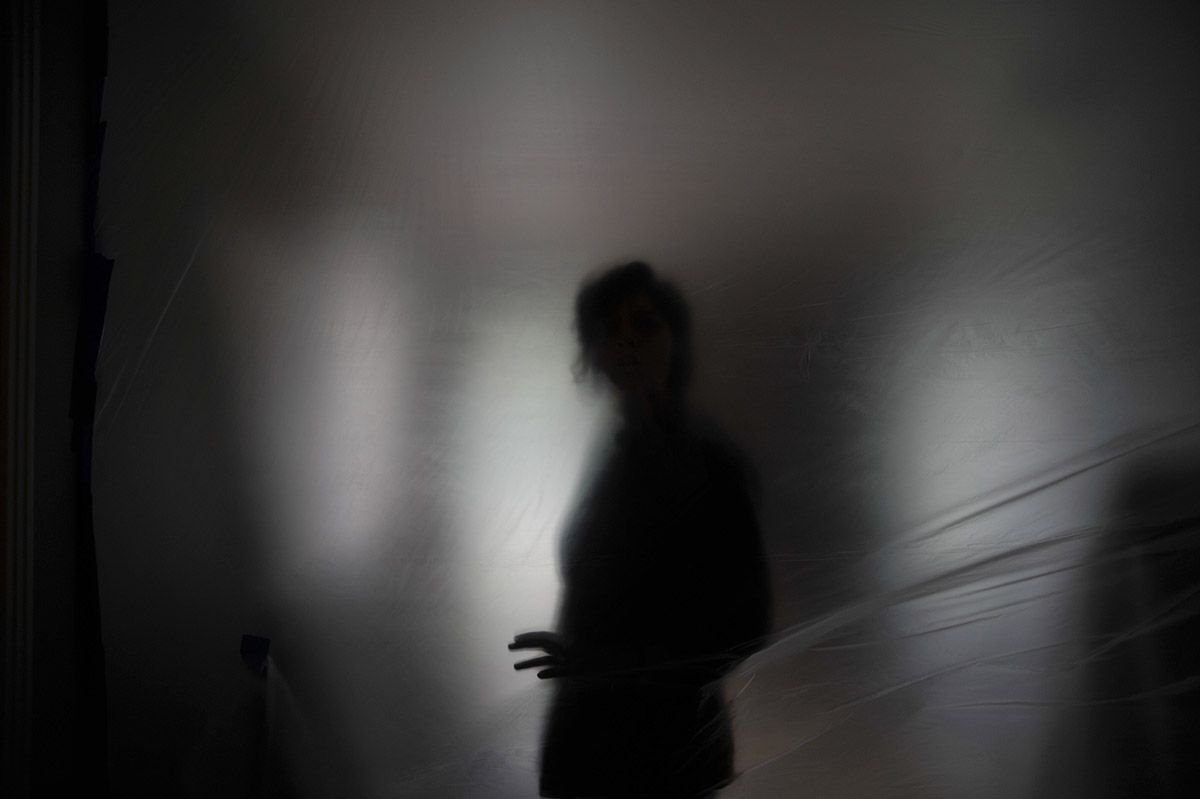
Between you and impossibility From the series, “Home. In my heart, beating far 2013
The self portraits I have continued to make have changed significantly. Initially, these self-portraits exuded a sense of darkness, and I often remained concealed within them. Now I confront and directly engage with the camera. The “self” in these images has become synonymous with the play of light on a surface, the way the wind moves, the cadenced waves, or the impressions left on an unmade bed. More recently, my self-portraits have extended to collaborations with my son.
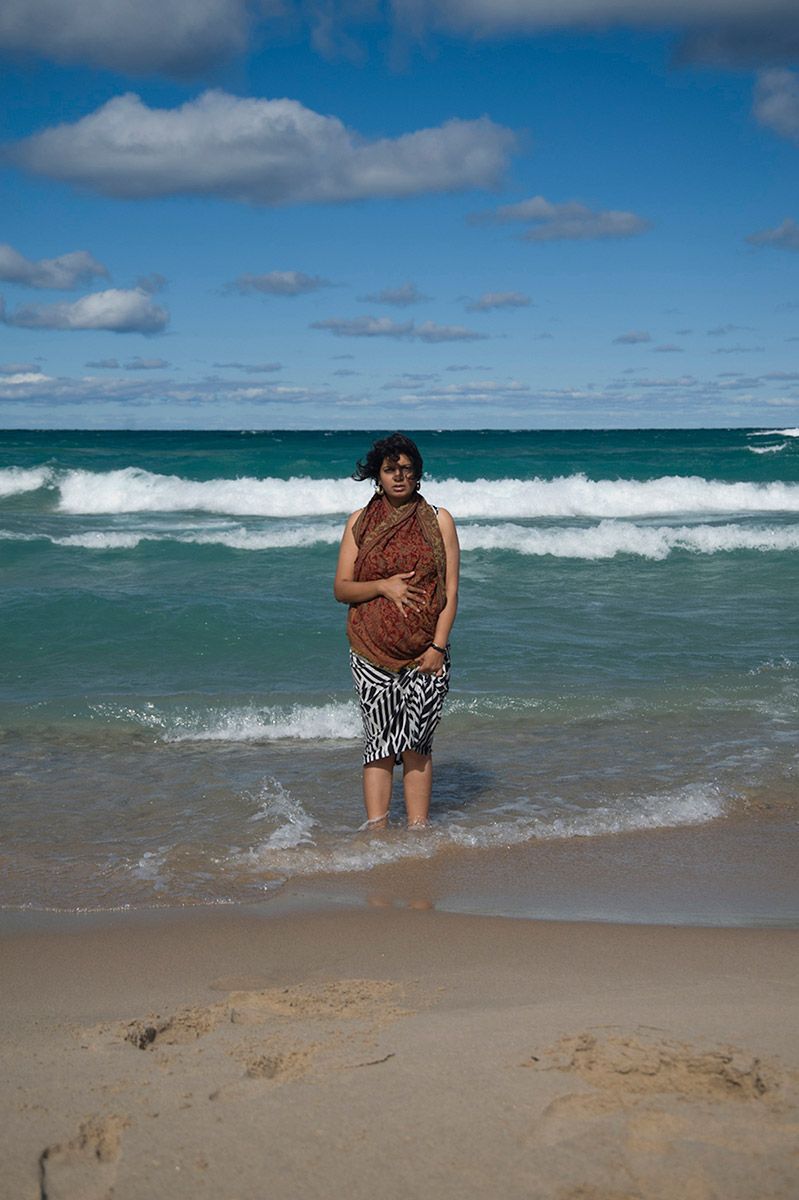
Center within the center From the series, “Home. In my heart, beating far 2012
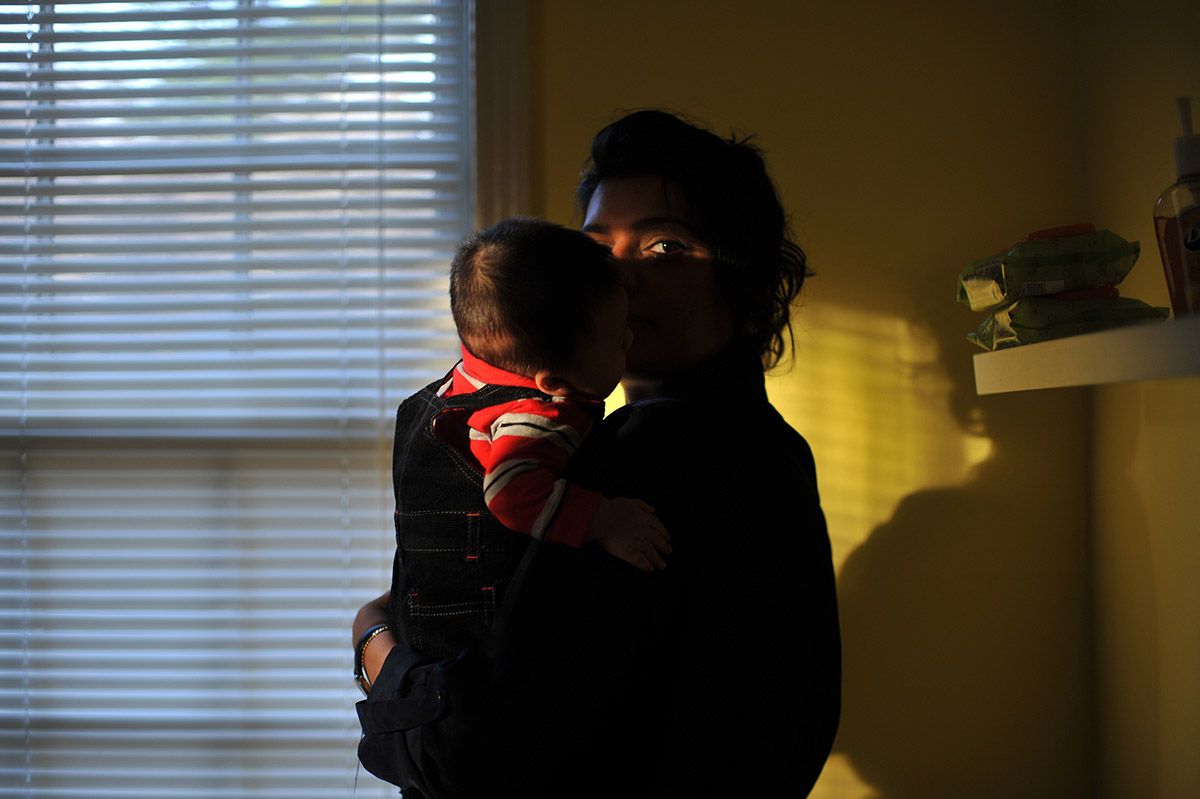
Untitled From the series, “Nov 28th , 2012” 2013
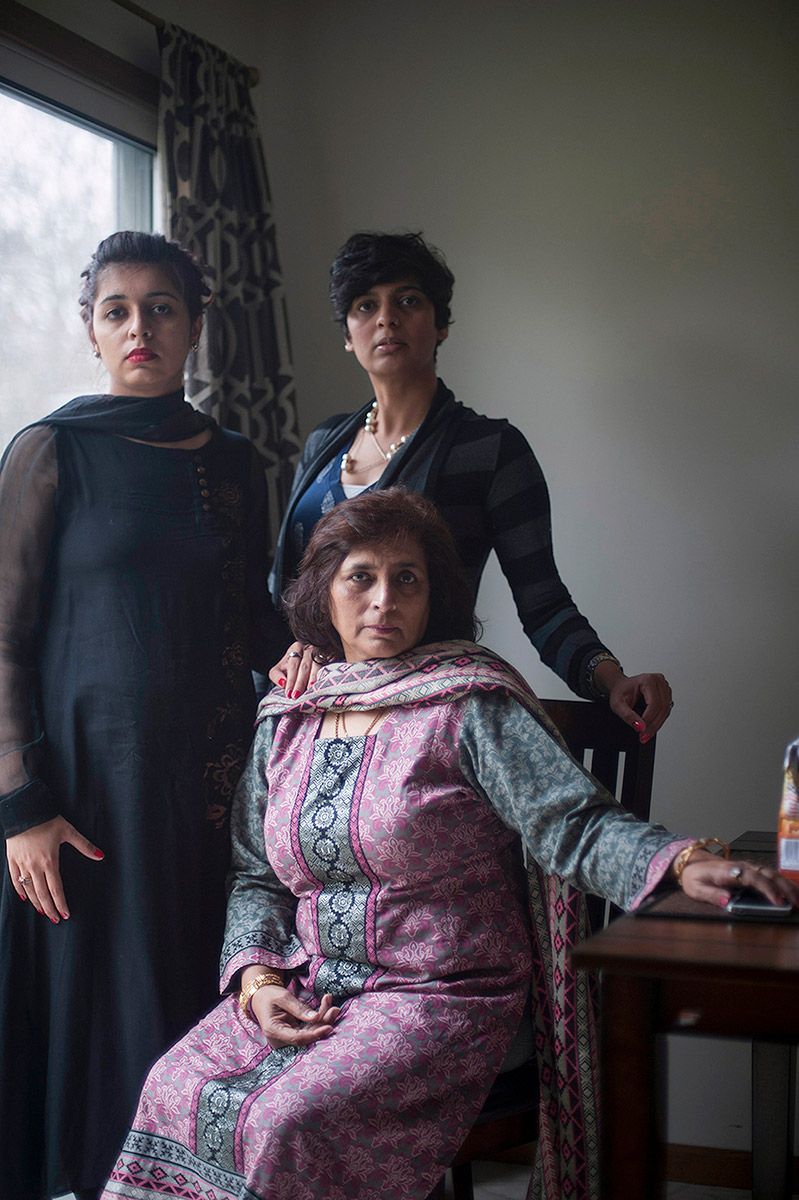
Neelam, Mehreen & Saher From the series, “Home. In my heart, beating far
away.” 2015
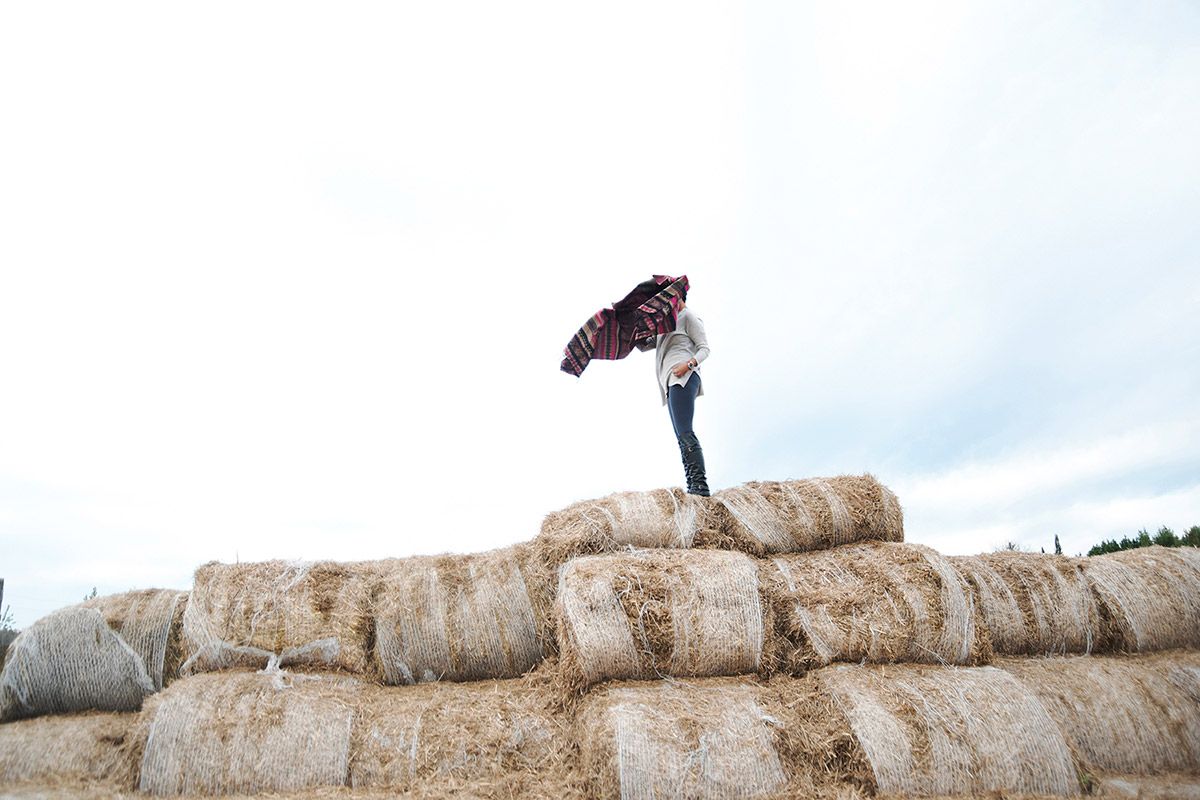
Standing still, as still as I can (remember?) From the series, “Being between” 2016
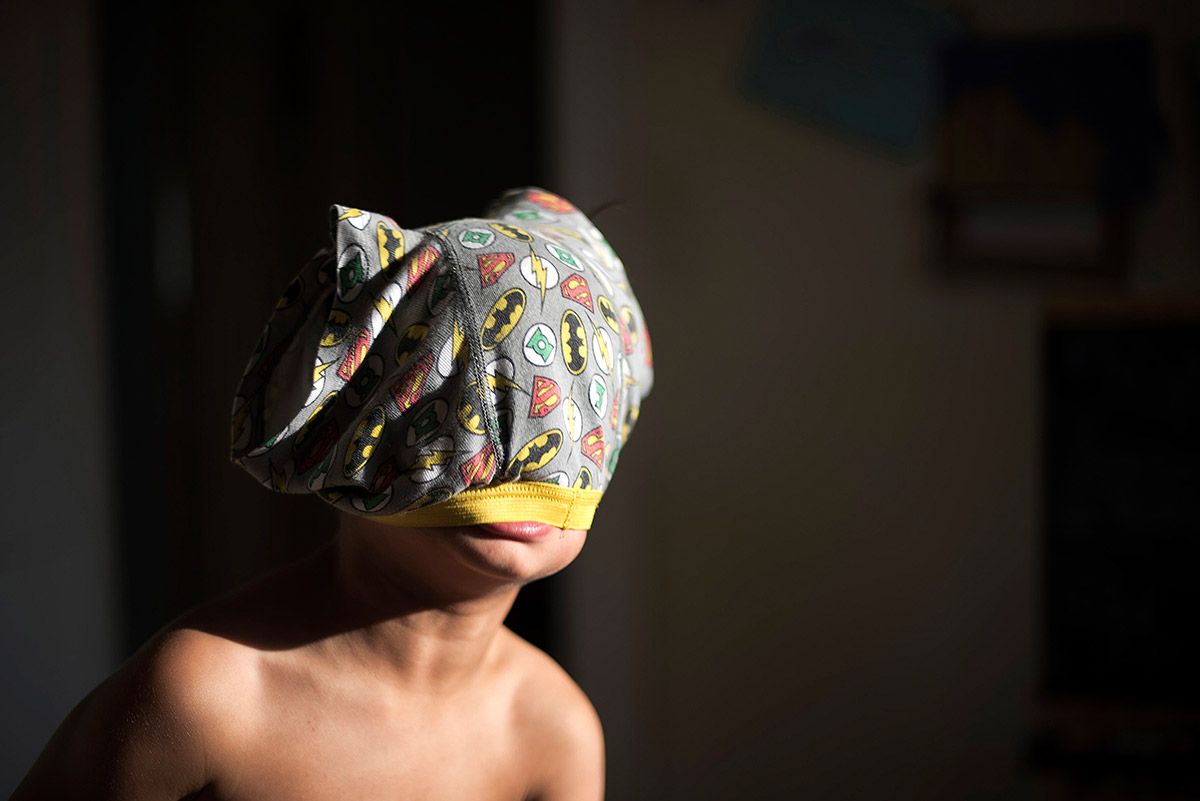
Light, falling From the series, “Home. In my heart, beating far
away.” 2017

The sun will go down From the series, “Home. In my heart, beating far
away.” 2017
The changes in photography as a medium, driven by advancements in technology and shifts in how images are shared and consumed, have provided me with new tools, opportunities, and perspectives. This has influenced the progress of my work, enabling me to engage with my themes in deeper and more dynamic ways, while also connecting with a broader and more diverse audience. I can address global issues related to immigration, identity, and diaspora and connect with individuals worldwide who share similar experiences and concerns. One example is my ongoing project, titled, “First Light, the Skylarks Sing,” which aims to start a dialogue about changing discriminatory perceptions of immigrant populations. Although it originated in the United States, it is now expanding to encompass immigrants globally.
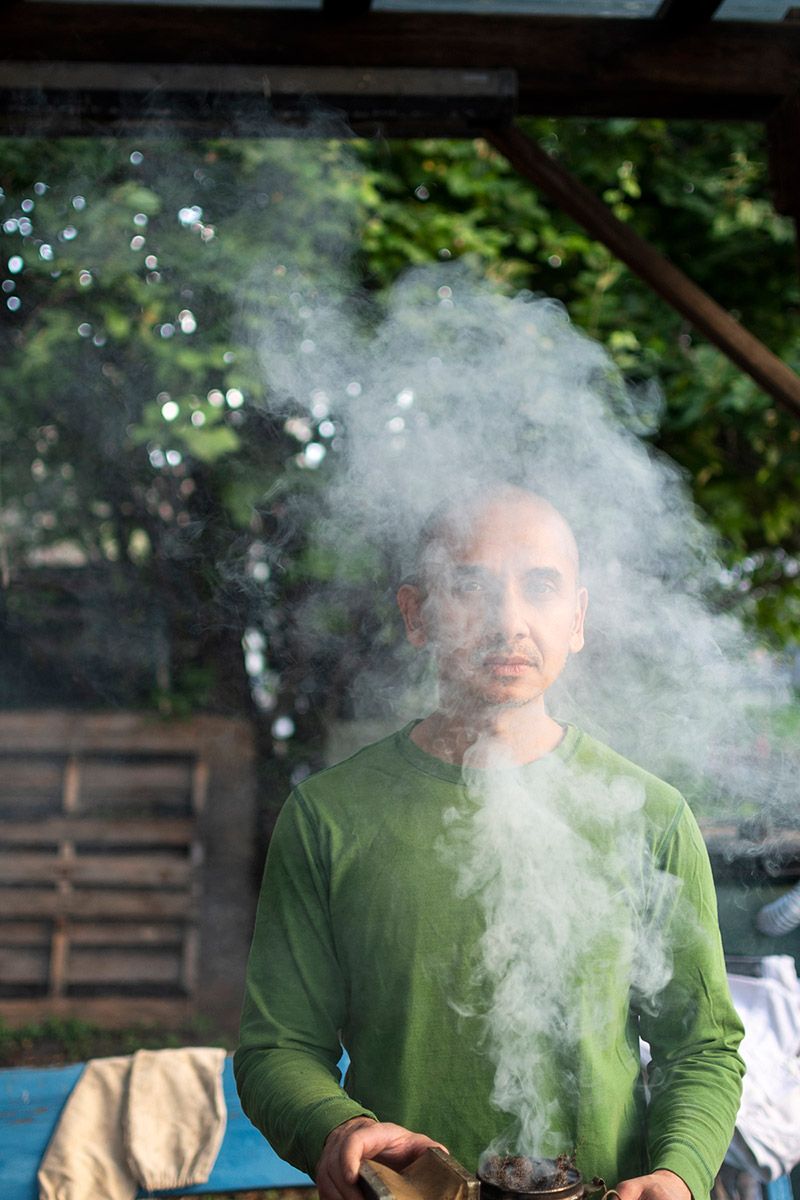
Arif, 41 years From the series, “First light, the Skylarks sing” 2021
The most significant transformation I’ve witnessed is the diversity of forms that photographs can now assume. Photography has transcended its traditional boundaries and in today’s dynamic photographic landscape, images manifest in various unconventional and boundary-pushing formats. I no longer think of specific structures for my work; instead, I allow the work itself to guide its chosen form. Whether it’s presented on a small scale, or as a large print, as a single image or multiples, within the pages of a book, or as part of a textual composition, I let the content and context determine the most appropriate medium of communication.
I do not know if I can confidently assert that I have learned something specific in a static, unchanging manner. Remember, nothing is ever constant! The rapid nature of photography has compelled me to adopt a slower approach. In my latest projects, I’ve gone back to using medium format film. The meditative pace of this method pushes me to contemplate more deeply, carefully considering each shot with a sense of deliberation and introspection, especially in the fast-paced realm of photography. Even when working with digital equipment, I impose certain restrictions upon myself. For instance, I might physically block the screen behind the camera or set a strict limit on the number of photographs I take per scene, typically ranging from 3 to 5 images. These intentional limitations serve as a practice of restraint, advising me to meticulously consider each shot and the meaning it conveys. In this way, I navigate with a more measured, thoughtful rhythm, allowing the creative process to unfold in its own unique way.
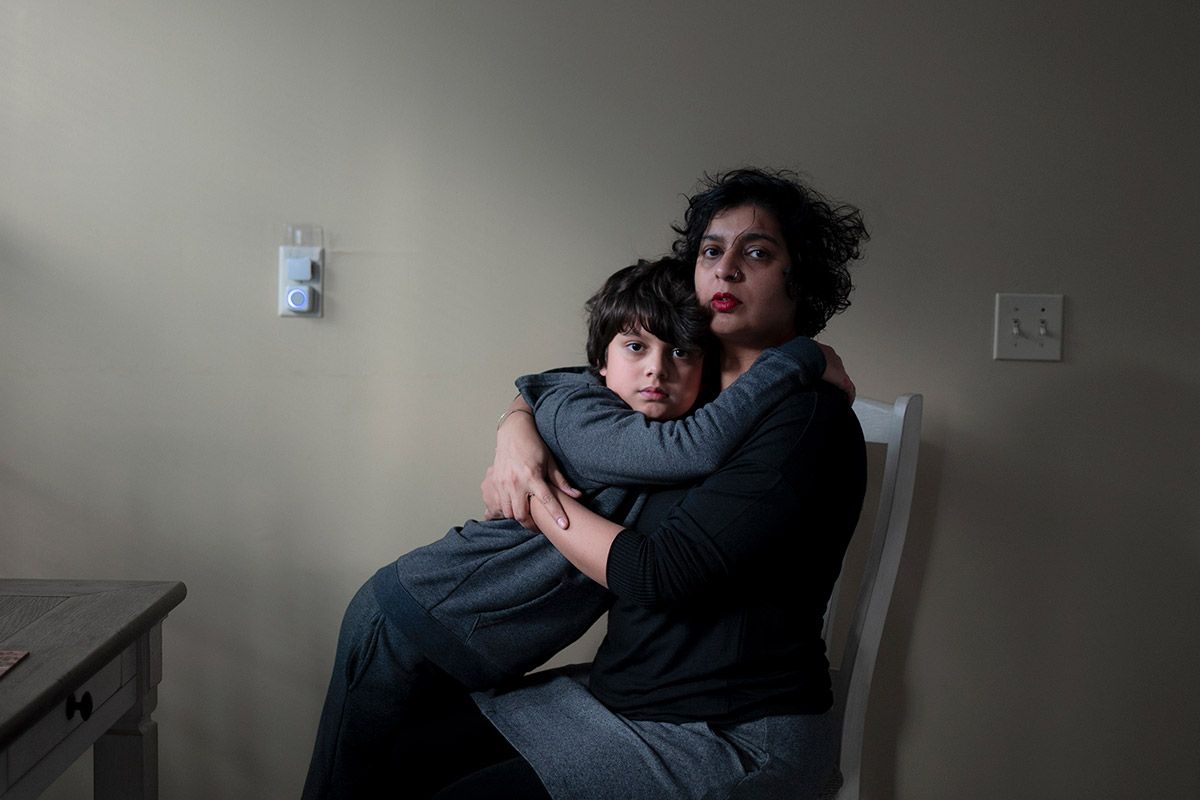
Untitled From the series, “Rift” 2021
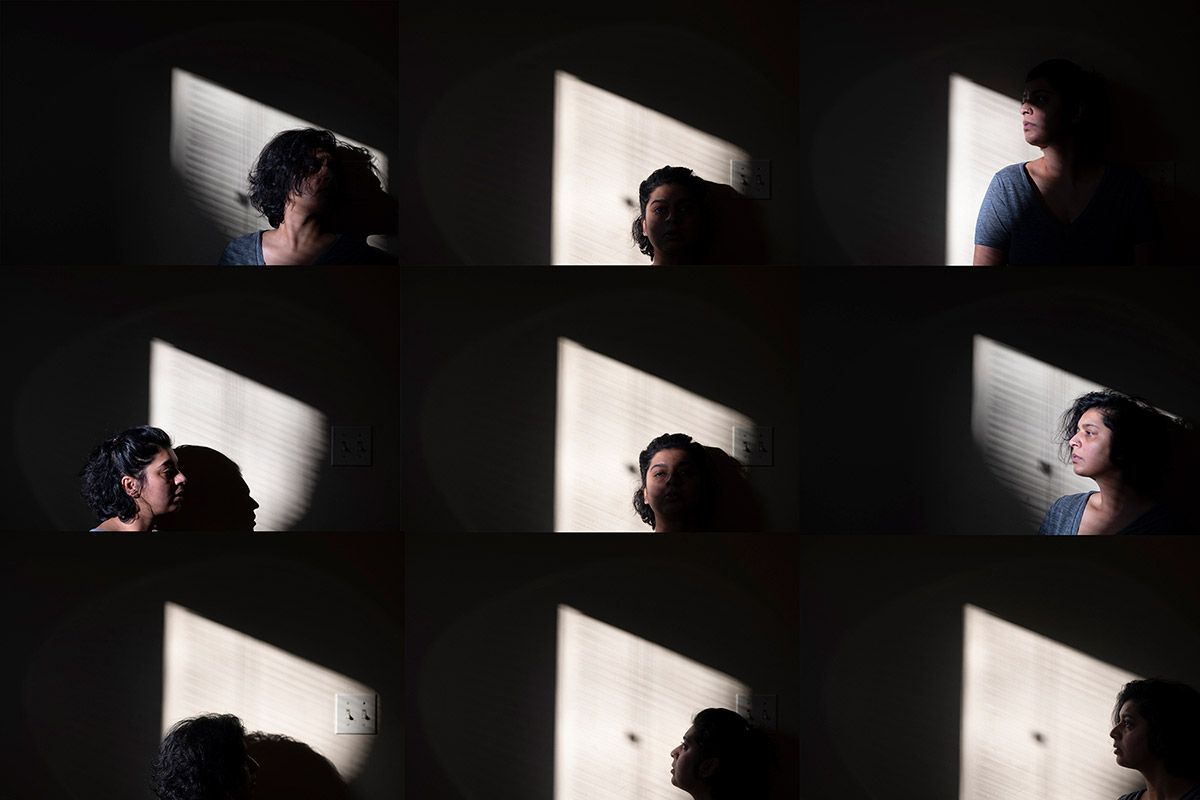
11 minutes From the series, “Rift” 2022
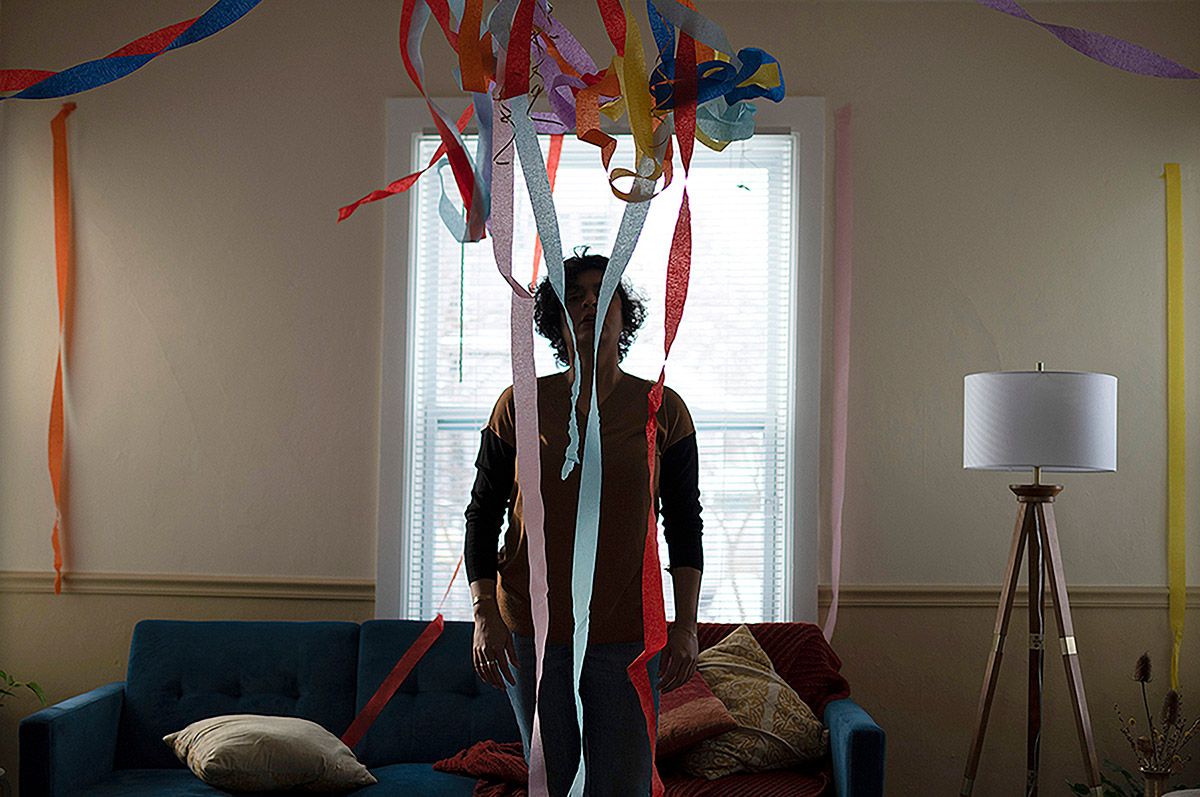
Eternally suspended From the series, “Rift” 2022
Conceptually, work has taken on a more assertive tone. I use my photographs as a medium through which I aim to provoke thought, evoke emotions, and inspire discussions. Through these confrontational narratives, I hope to create a deeper connection between the viewer and the subject matter, inviting contemplation and fostering awareness of the challenging aspects of our human experience. From questions of identity and home, I have shifted to asking questions that are difficult. What does freedom for all look like? Is representation driven by power dynamics? How do we perceive and address the fear of the “other”?
My most recent project “Letters to Azan” is a complex compilation that interweaves textual narratives, archival photographs, handwritten letters, and a diverse collection of photographs. This work serves as a witness to the complexity of its subject matter, offering a multidimensional exploration that is meant to engage viewers through a combination of written and visual elements. The integration of archival materials and personal letters adds layers of historical and emotional significance, making the project a nuanced exploration of narrative through various mediums.
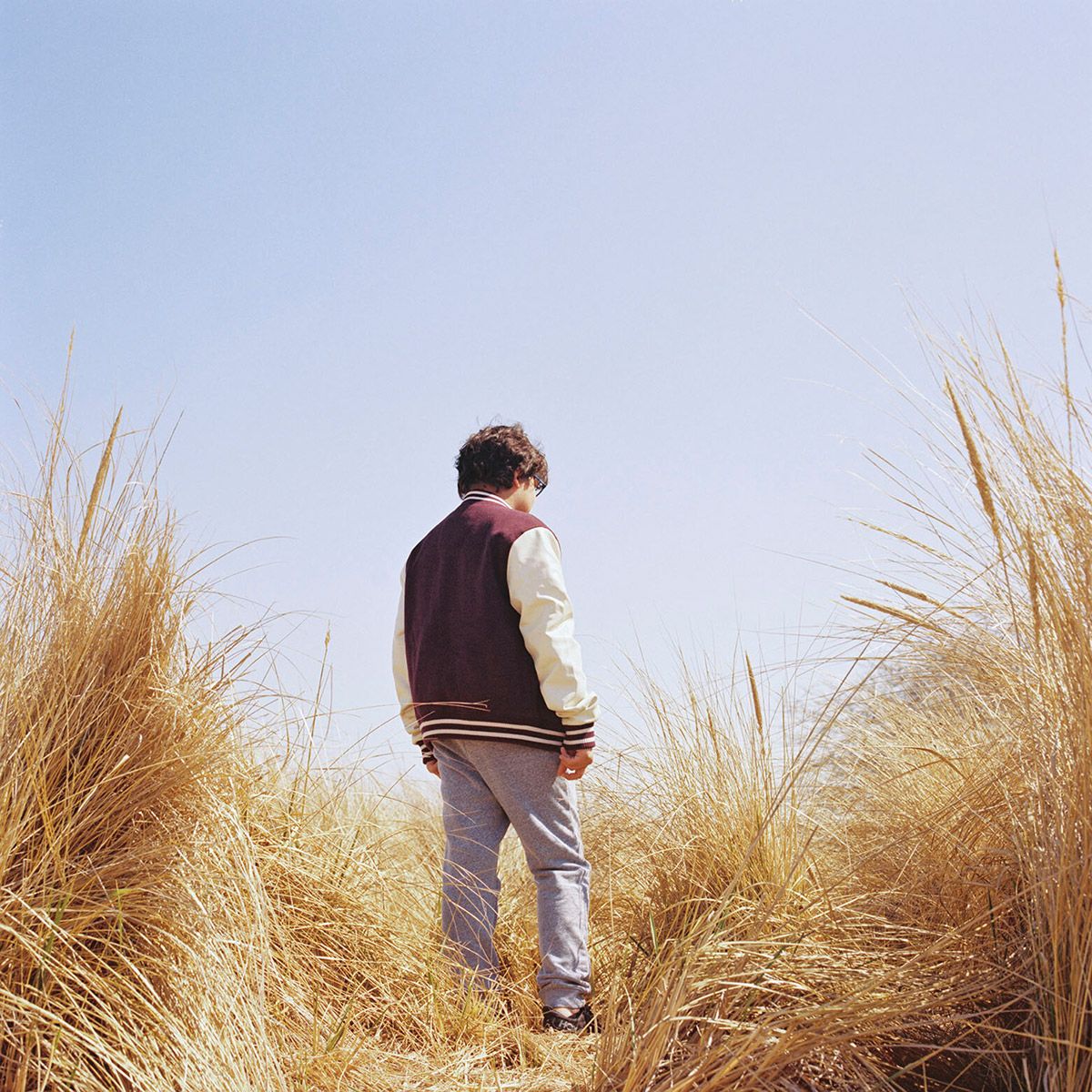
The blue, shimmers From the series, “Letters to Azan” 2023
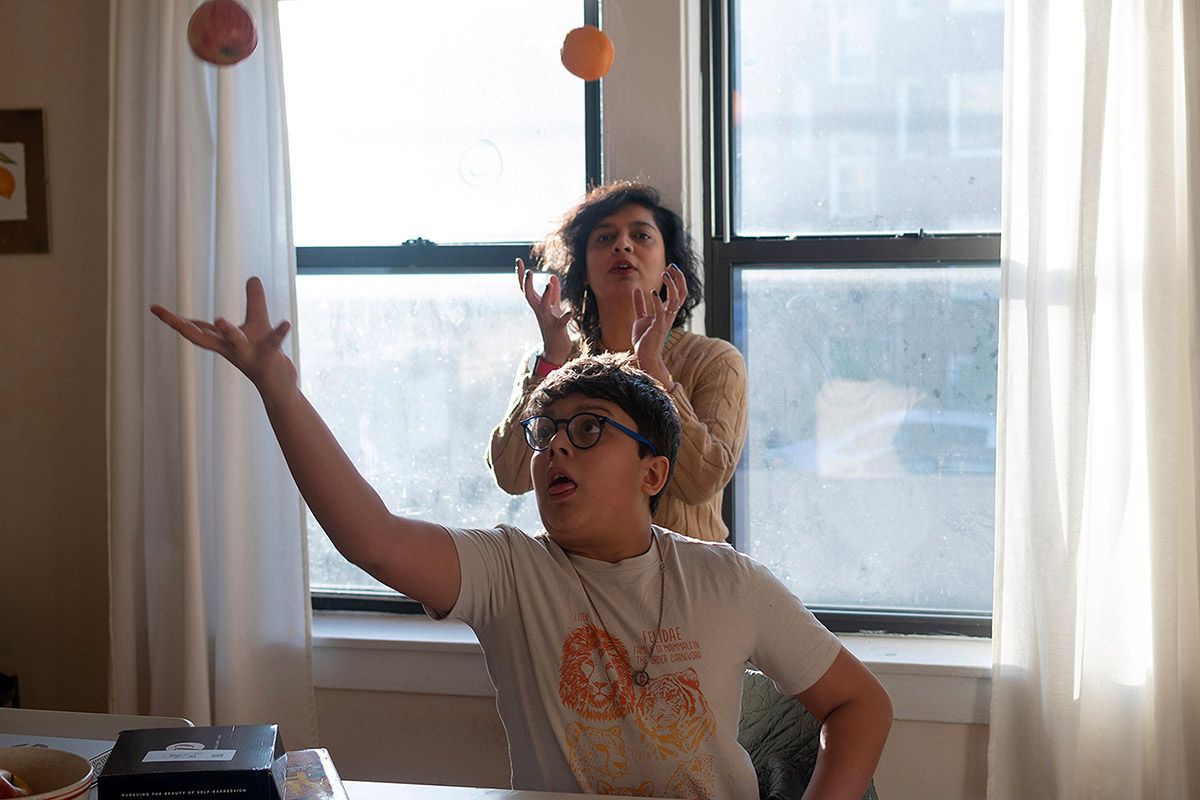
42°00’41” N | 87°40’25”W From the series, “Letters to Azan” 2023
Examining the last decade or so of my image making, one thing that has remained constant in the work, is the reason that I make images. I was drawn to photography at a very young through the image my father made of our family. Witnessing the creation of these photographs and, later, comprehending how they intricately mirrored the essence of the people I loved, stirred something profound within me. What I did not know then, and learned the hard way in graduate school in New York City, often through challenging experiences, was that these emotional connections with the subjects formed the very foundation of my artistic work.
The work I continue to create today is deeply rooted in this fundamental idea — that the emotional resonance between the subject and the image is at the core of my artistic expression. It is this unwavering connection to the subjects that continues to propel and shape my creative practice.
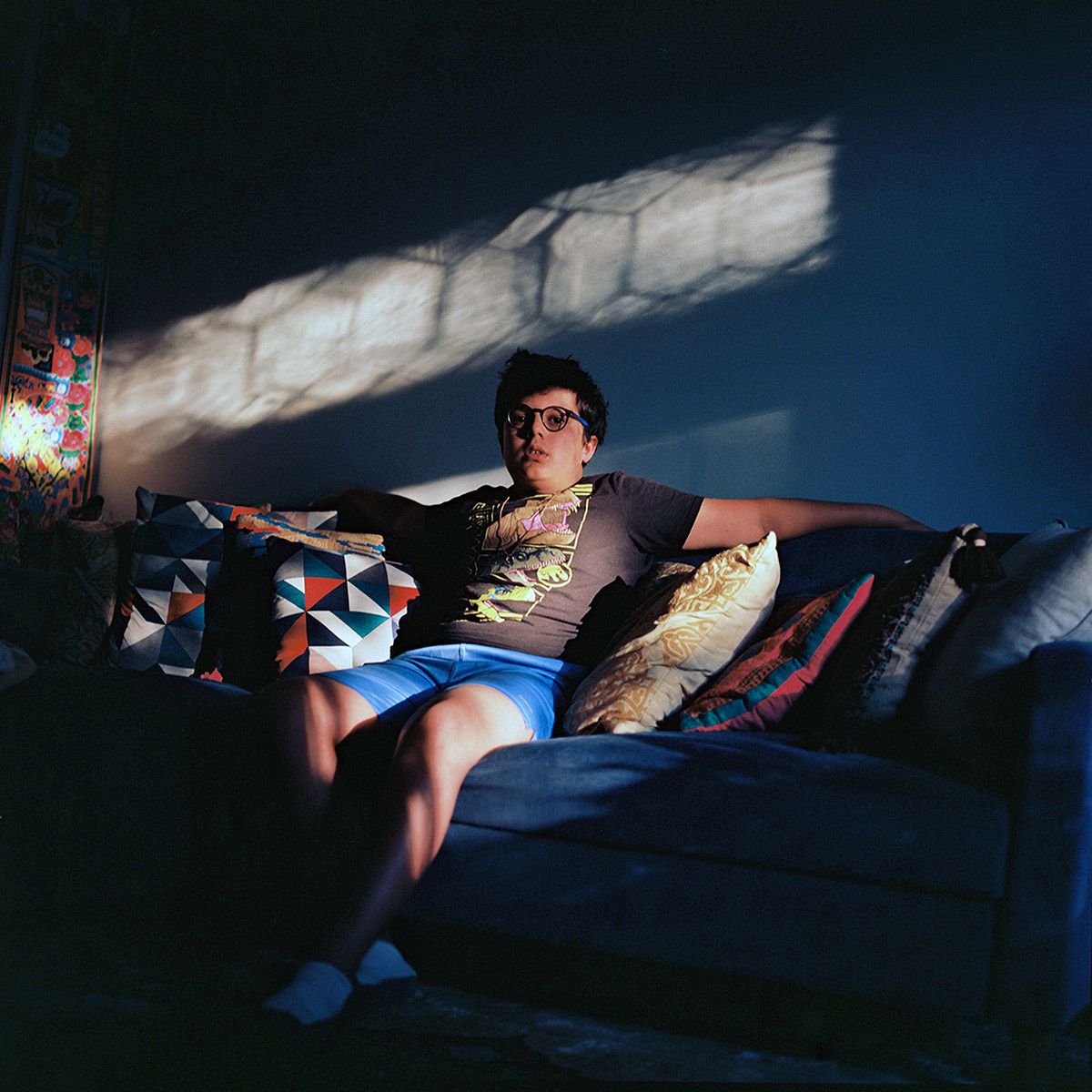
Oblique From the series, “Letters to Azan” 2023
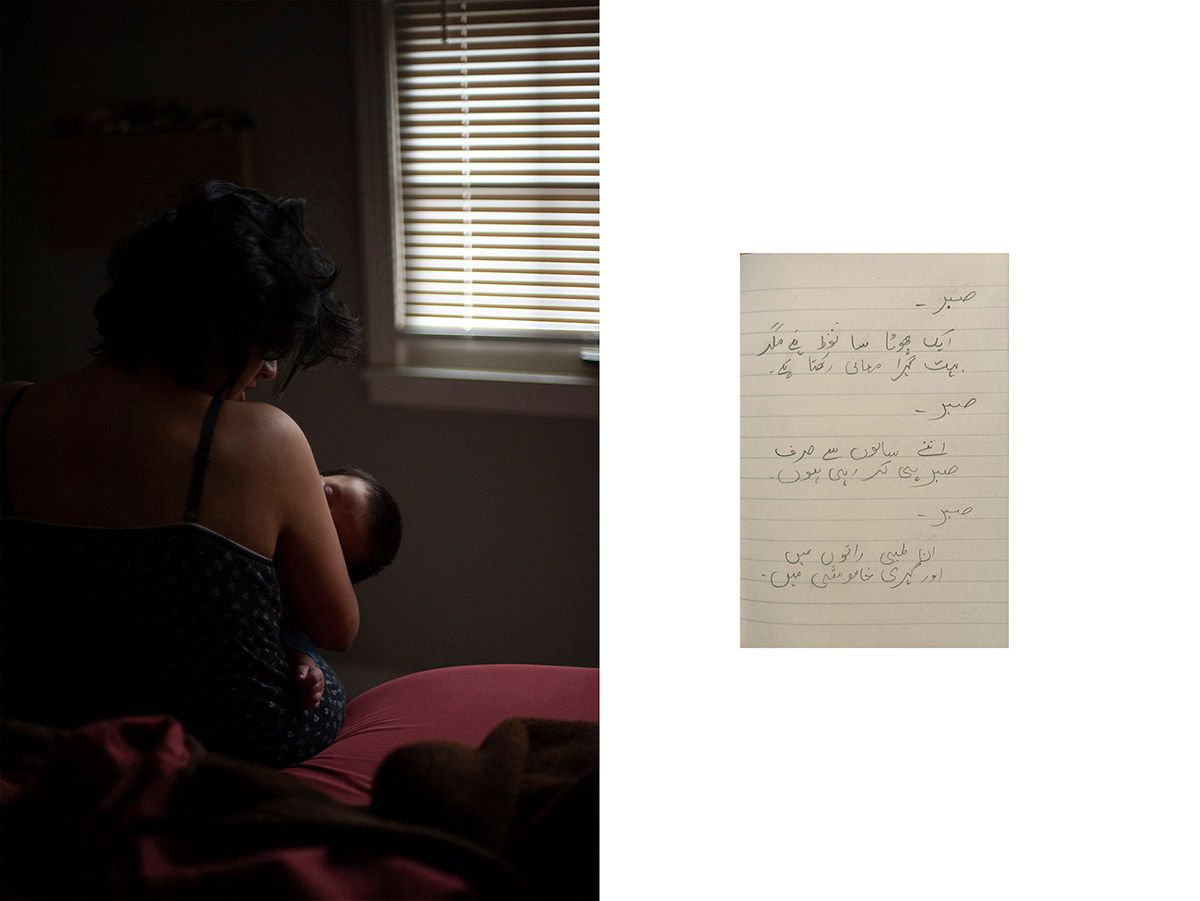
Untitled From the series, “Letters to Azan” 2023
Events by Location
Post Categories
Tags
- Abstract
- Alternative process
- Architecture
- Artist Talk
- Biennial
- Black and White
- Book Fair
- Car culture
- charity
- Childhood
- Children
- Cities
- Collaboration
- Cyanotype
- Documentary
- environment
- Event
- Exhibition
- Family
- Fashion
- Festival
- Film Review
- Food
- Friendship
- FStop20th
- Gun Culture
- Italy
- journal
- Landscapes
- Lecture
- love
- Masculinity
- Mental Health
- Museums
- Music
- Nature
- Night
- photomontage
- Podcast
- Portraits
- Prairies
- River
- Still Life
- Street Photography
- Tourism
- UFO
- Wales
- Water
- Zine

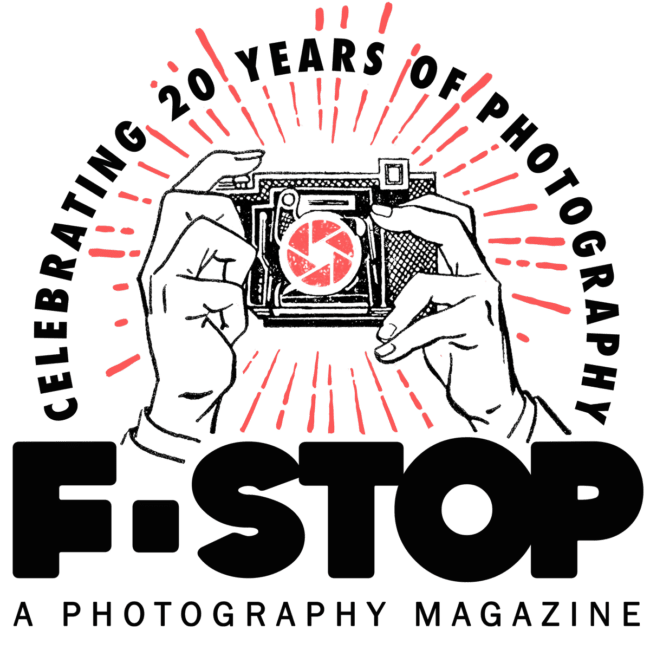
Leave a Reply